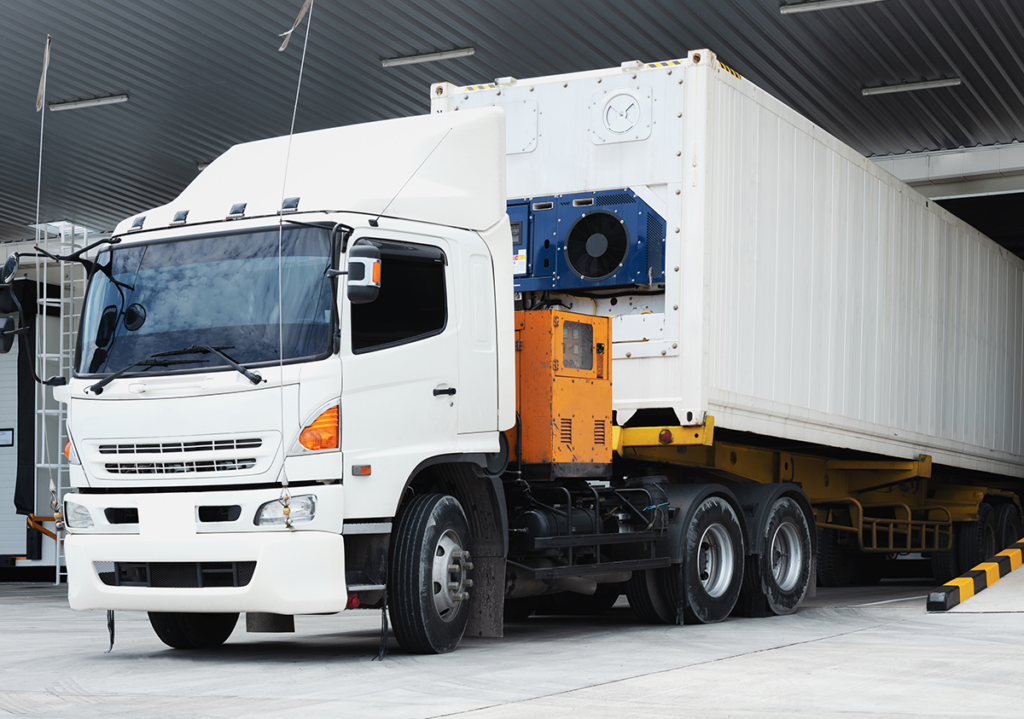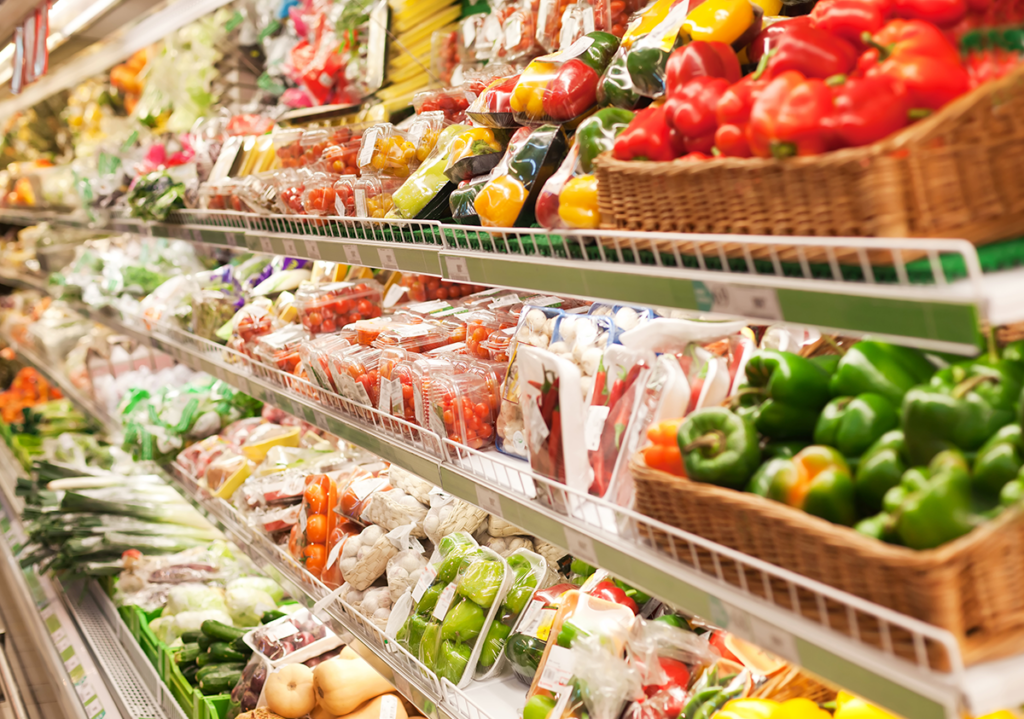Ensuring Quality, Compliance, and Cost Efficiency in Food Industry
Maintaining food safety is paramount in the food industry, and compliance with rigorous standards like HACCP and FDA regulations is mandatory. Our IoT devices, equipped with advanced sensors, provide continuous monitoring of critical parameters such as temperature and humidity. They play a vital role in simplifying compliance by offering precise 24/7 environmental data accessible through the KoolZone platform.
Our devices not only ensure food safety and compliance but also enhance food quality by promptly detecting temperature fluctuations. As a result, they reduce product spoilage and operational costs, making them a cost-effective and efficient solution for food safety and regulatory adherence.
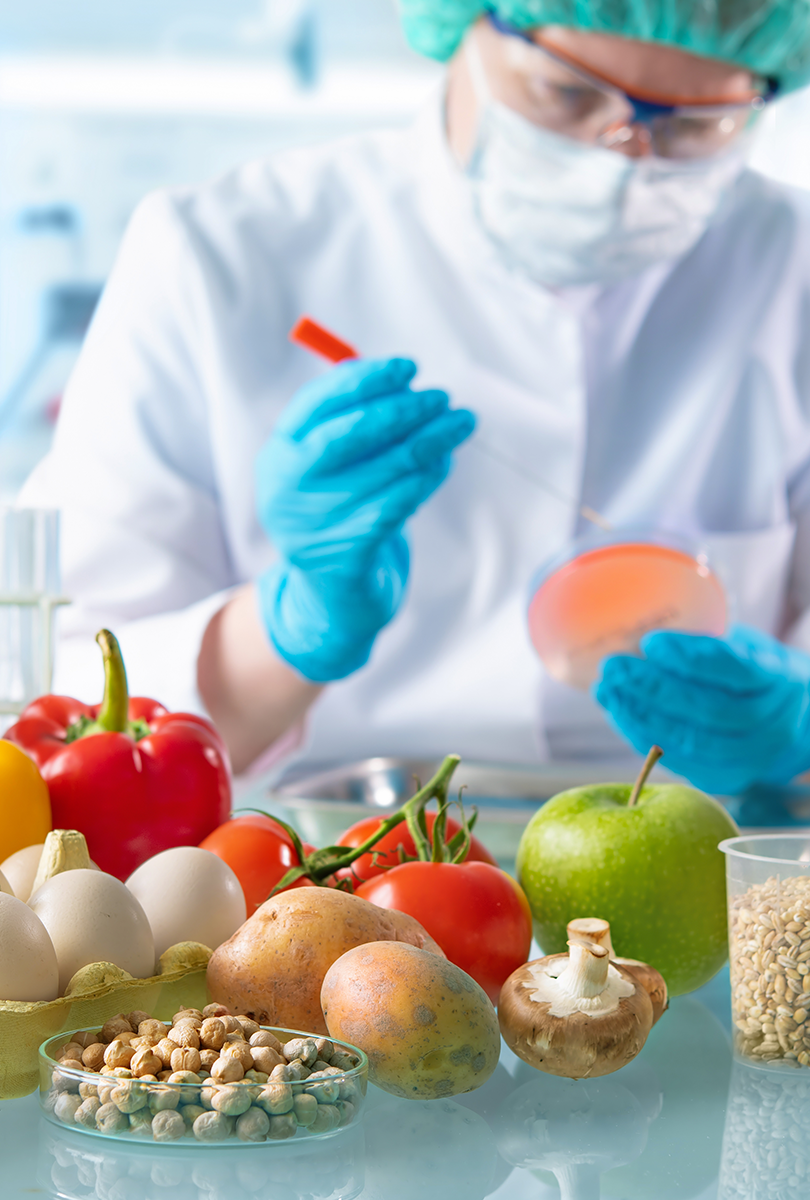
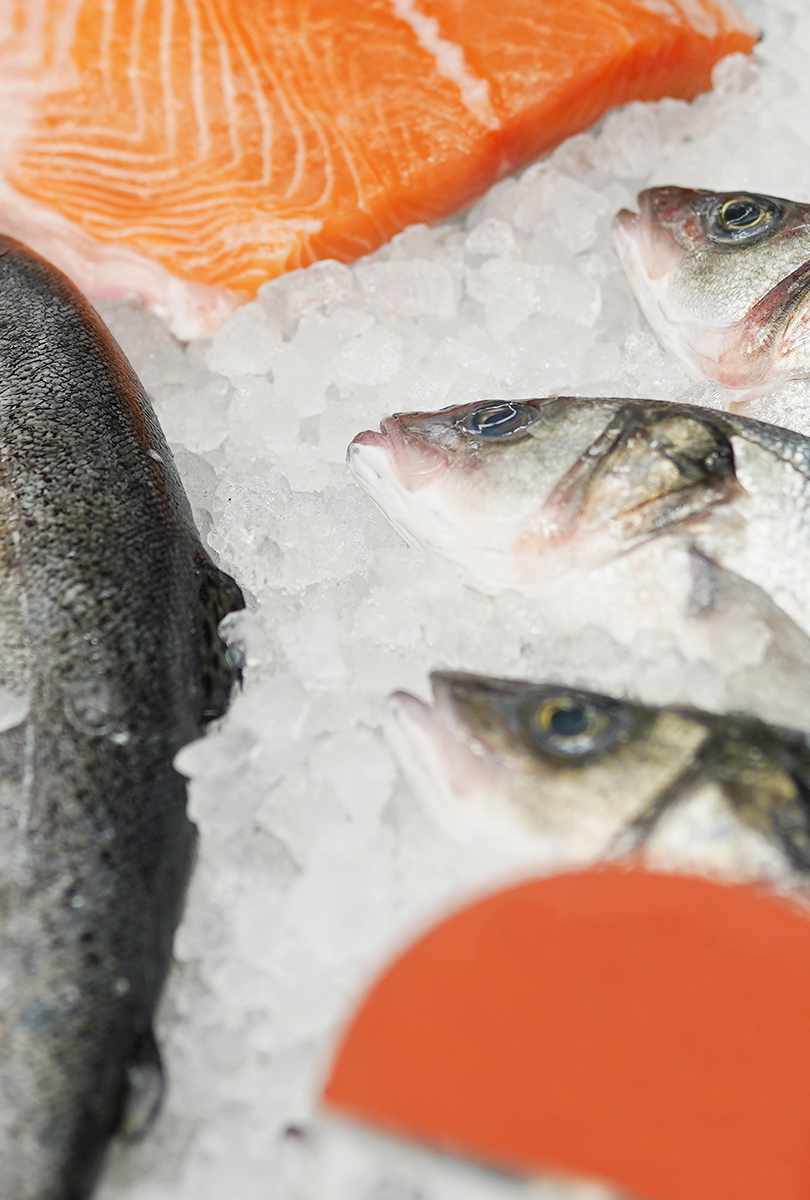
Safeguarding Food Safety from Production to Storage
Food Manufacturing
Ensuring food safety is a top priority in production to maintain product quality and prevent contamination. Utilizing versatile sensors and specialized devices designed for high-temperature environments is essential. These devices play a pivotal role in eliminating pathogens during cooking processes, which is crucial for food safety. Moreover, they help prevent product loss by providing real-time alerts for necessary temperature adjustments.
Controlled cooling processes also adhere to HACCP and FDA standards, ensuring compliance with food safety regulations. Throughout the entire supply chain, robust temperature monitoring devices promptly identify and mitigate temperature-related risks, safeguarding consumer safety and upholding food quality standards.
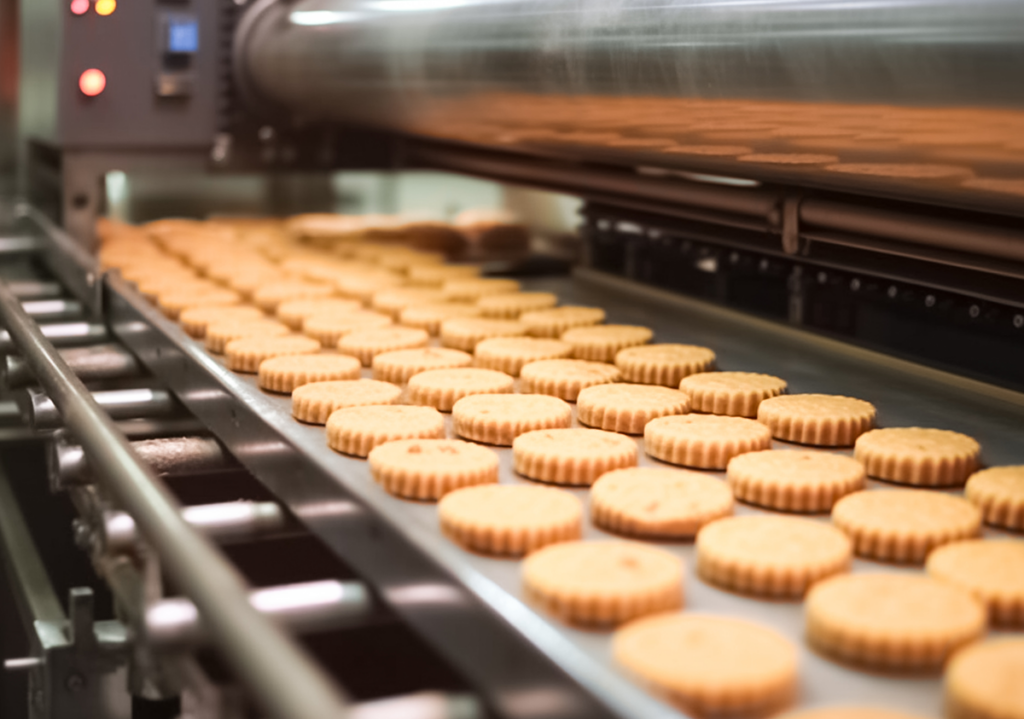
Real-Time Supply Chain Monitoring
Food Transportation and Logistics
Ensuring the safe transportation of food products requires precise temperature control. Real-time monitoring of the supply chain captures environmental data, guaranteeing that perishable items are consistently stored at ideal temperatures.
This monitoring acts as a crucial record, providing evidence of product integrity during transportation—a key factor in meeting regulatory requirements. Food sensors with automated history retrieval further protect delicate goods such as meat and poultry, effectively preventing waste and potential health hazards.
Reliable and continuous monitoring, along with the implementation of thermal validation using wireless food data devices, ensures safety across the distribution and storage phases.
